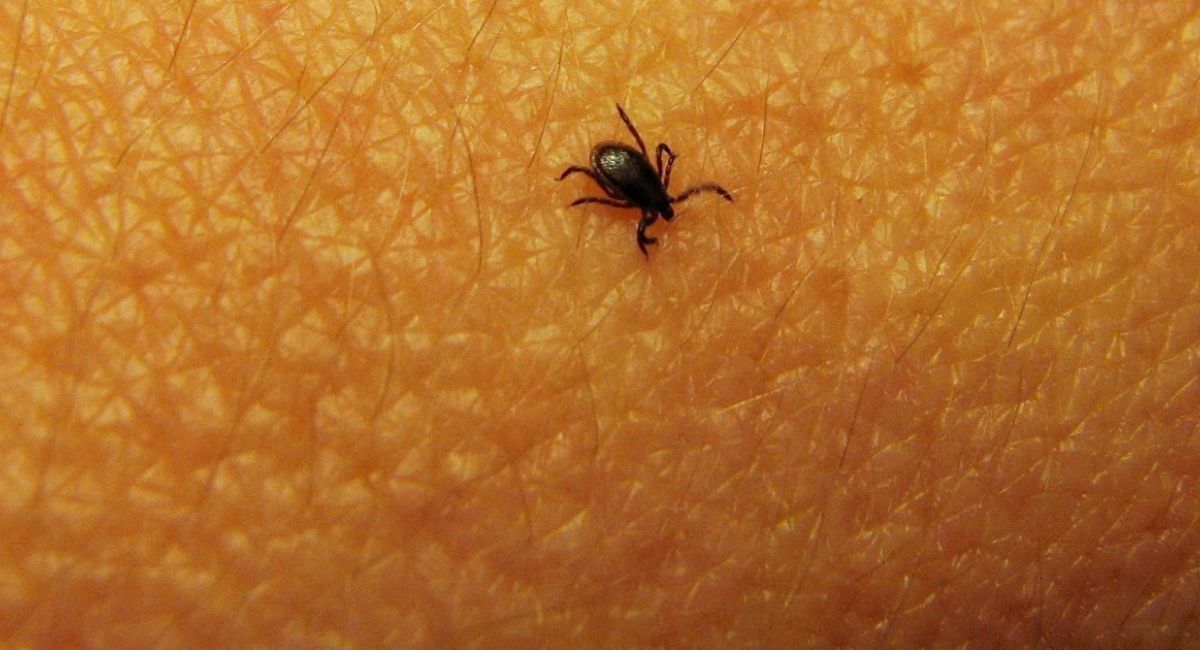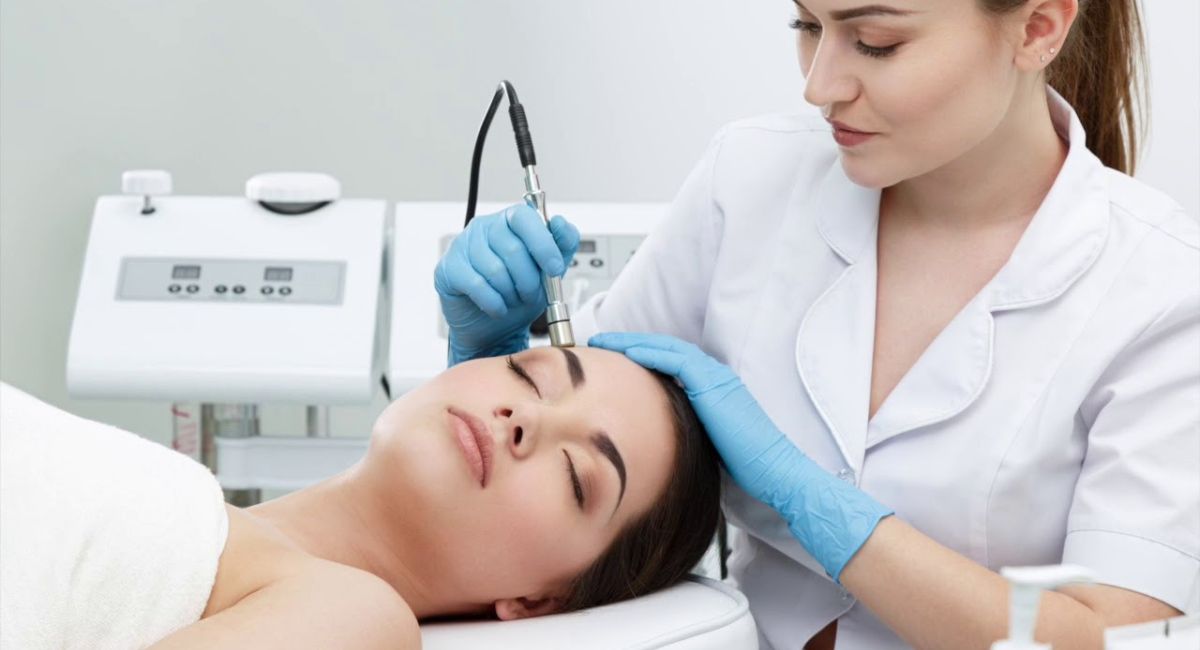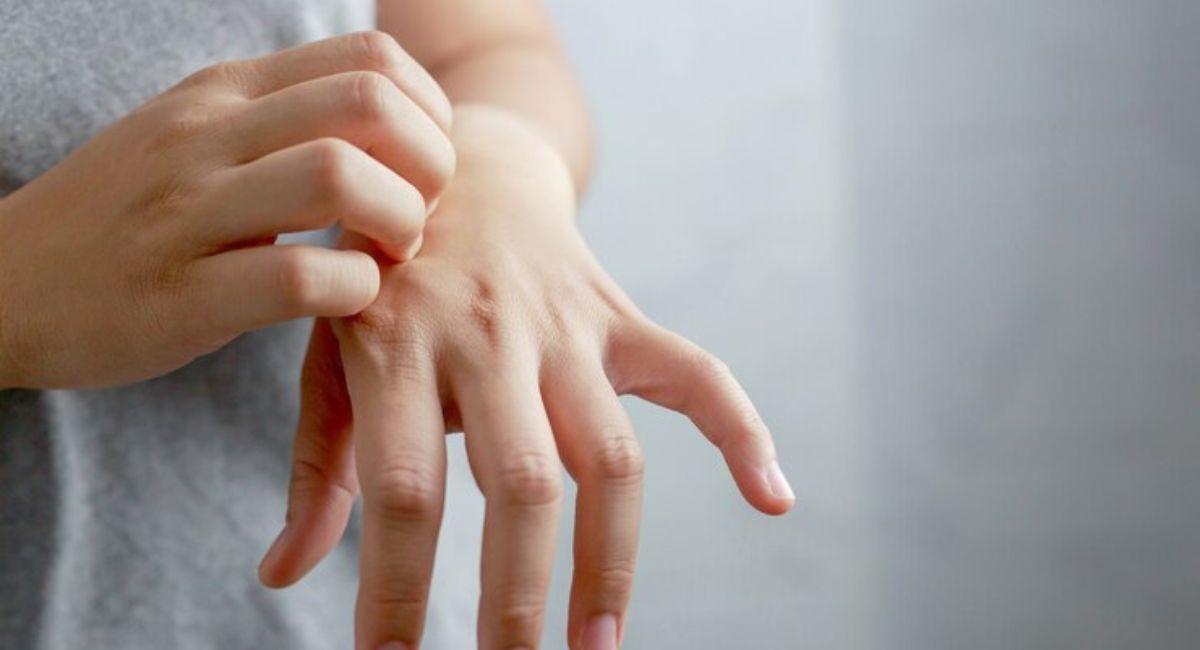Ever had that strange feeling that something is crawling on skin even though nothing’s there? It’s not only annoying but also confusing, and sometimes it can keep you awake at night or make you worry something is wrong. Many people go through this and wonder if it’s stress, allergies, or something more serious.
This blog will walk you through why this crawling sensation happens, what it might mean for your health, and how you can find real relief. You’ll learn about common causes, simple at-home remedies, medical treatments, and even natural solutions that bring comfort. If you’ve been searching for clear answers and practical tips, you’re in the right place.
Common Symptoms Linked to Skin Crawling Sensations
When people report a crawling sensation on skin, they often notice more than just one symptom. The discomfort may show up as tingling skin, persistent itching, or a pins and needles feeling that won’t go away. Some patients even scratch until they develop redness, swelling, or small wounds.
According to dermatology studies, these symptoms often overlap with psychosomatic skin symptoms or stress-related itching. They can disturb sleep, raise anxiety, and reduce quality of life. Some individuals also confuse them with allergic reactions or mild insect bites. The key is paying attention to when symptoms occur, how long they last, and whether they get worse over time.
Main Medical Causes Behind the Crawling Feeling

Doctors connect medical causes of skin crawling to both neurological and dermatological problems. Peripheral neuropathy and crawling sensations often occur in people with vitamin B12 deficiency, poorly controlled blood sugar levels and nerve health, or diabetic neuropathy. These conditions damage nerve pathways, leading to faulty signals that feel like movement under the skin.
On the other hand, chronic skin conditions such as eczema, psoriasis, or dermatitis can create an ongoing tingling or prickling feeling on skin. Hormonal changes, particularly in women going through menopause, may also contribute to menopause symptoms skin. In rare cases, patients may experience delusional parasitosis explanation, a psychiatric condition where they firmly believe bugs are crawling on their skin despite no physical proof.
How Stress, Anxiety, and Sleep Problems Can Trigger the Sensation
One of the most overlooked triggers is psychological stress. Stress and anxiety trigger skin sensations because the body releases cortisol and adrenaline, which make nerves more sensitive. This explains why people under pressure often report psychosomatic skin symptoms like itching, tingling, or unexplained crawling.
Research also links sleep deprivation effects on skin with heightened sensitivity. Poor sleep weakens the immune system, disrupts hormones, and increases nerve irritability. The cycle becomes self-feeding: less sleep leads to worse skin sensations, and worse sensations lead to even less sleep. Experts in psychodermatology approaches to skin sensations suggest addressing both the mind and body for effective treatment.
When to See a Doctor or Specialist for Skin Crawling Issues
Knowing when to see a doctor for skin crawling is critical. If the sensation lasts more than a few weeks, worsens at night, or causes wounds from scratching, it’s time for a dermatologist consultation. Likewise, if the crawling comes with numbness, burning, or muscle weakness, it could be tied to nerve damage or peripheral neuropathy.
Specialists may include dermatologists, neurologists, or psychiatrists depending on the case. Many clinics in the USA now also provide telehealth consultations for skin issues, making it easier for patients to seek care. Delaying treatment can worsen underlying problems, so prompt evaluation is always advised.
At-Home Remedies and Lifestyle Changes to Reduce the Crawling Feeling
Mild cases often respond well to at-home remedies for crawling skin sensation. People can soothe the skin with cold compresses, moisturizers like aloe vera gel, or natural oils. Improving lifestyle habits also helps reduce symptoms. For example, practicing good sleep hygiene for skin health, such as keeping a cool room and avoiding screens before bed, can reduce nerve irritability.
In addition, managing stress to reduce skin sensations through meditation, yoga, or light exercise lowers the body’s tension. Diet also matters. A nerve health diet for skin sensations includes foods high in vitamins B12 and D, leafy greens, lean proteins, and omega-3 fatty acids. Simple steps at home can sometimes make a big difference.
Medical Treatments and Therapies Available for Skin Crawling Sensations

For persistent problems, doctors may prescribe medical treatments for crawling sensation. These can include prescription antihistamines to calm allergic responses or topical corticosteroids to ease inflammation. Neurological causes may require nerve pain medicines or antidepressants that regulate nerve activity.
Behavioral approaches are also effective. Cognitive behavioral therapy for skin sensations has shown success in reducing anxiety-related crawling feelings. In some cases, patients may benefit from specialized treatments like nerve stimulation therapies. Every plan is personalized, so seeing a professional ensures the best outcome.
Herbal and Ayurvedic Remedies to Ease the Crawling Sensation
Natural therapies often support conventional medicine. Herbal remedies for crawling feeling include calming teas such as chamomile and valerian root. Traditional systems also recommend herbal nerve tonics and turmeric supplements for inflammation. These reduce both stress and body-wide irritation.
In Ayurveda, Ayurvedic treatment for skin crawling emphasizes balance of mind and body. Oils such as neem oil for skin and coconut oil can be massaged into irritated areas. Adaptogenic herbs like ashwagandha for stress are known to reduce anxiety-driven symptoms. However, it’s always wise to combine these remedies with medical advice.
Preventive Steps to Avoid Future Skin Crawling Episodes
Prevention is often easier than treatment. Preventing skin crawling episodes starts with keeping overall health strong. Maintaining stable blood sugar, checking for vitamin B12 deficiency, and practicing allergy management reduce the risk of new symptoms. Avoiding alcohol and drugs that can damage nerves also protects long-term skin health.
Regular exercise, stress management, and good sleep all keep nerve function stable. Adding foods like salmon, nuts, and spinach to your diet improves nerve health diet for skin sensations. Periodic health check-ups help catch issues early and prevent them from developing into serious conditions.
Finding the Right Clinic or Dermatologist Near You for Persistent Skin Crawling

Locating the right specialist is the final step. Finding a dermatologist for crawling skin can be done by searching through the American Academy of Dermatology’s online directory at Patients can also explore local dermatology clinic reviews or opt for telehealth consultations for skin issues when travel is difficult.
The best clinics for crawling skin treatment usually offer a mix of dermatology and neurology services. Always check credentials, insurance coverage, and patient experiences before booking. Professional guidance ensures a clear diagnosis and a personalized plan for lasting relief.
FAQs About Feeling Something Crawling on Skin
1. Is feeling like bugs are crawling on me a sign of psychosis?
Not usually. While severe cases (like delusional parasitosis) exist, most instances are linked to nerves, skin conditions, or stress.
2. Why does it happen more at night?
At night, distractions fade, and the nervous system is more noticeable. Fatigue also makes nerves misfire more easily.
3. Can dehydration cause crawling skin sensations?
Yes. Low hydration affects circulation and nerve function, which can cause tingling or crawling feelings.
4. Does menopause really cause it?
Yes. Hormonal changes during menopause can trigger nerve-related sensations, including crawling skin.
5. Can vitamin deficiencies be the cause?
Absolutely. Low B12, folate, or iron often lead to nerve-related skin sensations.
6. Should I see a doctor for this?
If it’s persistent, worsening, or accompanied by pain, weakness, or other symptoms, yes. Otherwise, tracking and lifestyle changes may help first.
7. How can I stop the sensation quickly?
Rubbing the area, applying a cool compress, or distracting your mind can temporarily reduce the feeling.
Final Thoughts: Listening to Your Body
The feeling that something is crawling on your skin can be unsettling, but it doesn’t have to control your life. Most cases have simple explanations—stress, tiredness, dryness, or mild nerve misfires. Others may point to conditions that improve with treatment.
What matters most is paying attention without panicking. Track your symptoms, care for your body, and seek help when needed. With the right approach, you can reduce these sensations and regain peace of mind.

